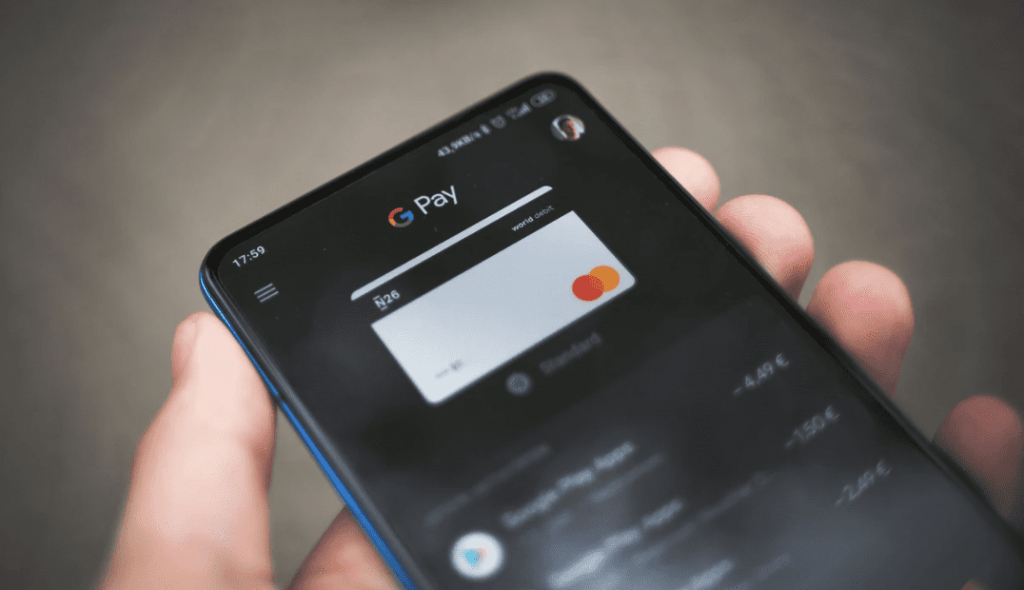If you work online from the comforts of your home and do contract work for remote clients, then it’s necessary that you create a plan to avoid payment issues.
Freelancing has become the norm nowadays. You can work anytime and anywhere in your pajamas while eating your all-time favorite chips. It offers great convenience as you no longer need to hurry in the morning to get to work at 8am.
Moreover, you don’t have to report to anyone except your client.
Remember, there’s a variety of problems that can sometimes occur. For instance, there’s no billing or payroll department to check whether your invoice has been paid! What can you do?
Well, for starters, getting yourself set up on a legit online platform is an easy way to determine whether a job posting really pays or not.
But for those who work for direct clients, I will share with you 5 of the most useful tips to avoid stiff payments and get paid on time.
1. Research Your Client Prior to Starting Work

When a client invites you for an opportunity, you’re perfectly within your rights not to respond immediately.
Apart from having the time to contemplate the pricing and ideal turn-around of the project, checking on your client’s legitimacy is one of your major assignments.
Check for social mentions and learn about their previous working relationship with other freelancers. If you find someone who left negative feedback, step back. That’s a red flag.
2. Say No to Unpaid Samples

When I started freelancing, I had to initially do free work to start building my portfolio and get hired. However, now I’m established, I no longer accept any request for unpaid samples.
Only cheapskate clients ask for free work.
A serious and professional client will take the time to check on your public portfolio and will offer paid work to gauge your skills. On the other hand, clients who request free samples are not really looking to hire you, they just need the work for free.
If you know you are good at something, like writing or blogging, never do it for free.
3. Prepare a Written Contract

If you start work without a contract, chances are that your client won’t pay you if they decide to drop your working relationship. Without a contract, you are not guaranteed the money you are owed.
Make sure to prepare a paper trail that discusses the specifics of the project. This writing explains your services including how and when you will get paid.
Agreements made on e-mails don’t suffice. Don’t be too lazy to do this extra paperwork as it will save you from any monetary issues.
4. Schedule a Payment Plan

This is actually the safest way to avoid getting scammed online. As a freelancer, you have the authority to set a payment schedule for every project milestone. If possible, bill upfront. Ask for a down payment before you begin working on the project.
Even though there are clients who will balk after you mention the initial payment, it’s always worth a try. Explain thoroughly why you are requiring the initial fees. A good client will definitely understand this.
5. Raise your Price

Others would take this as a piece of bad advice but according to seasoned freelancers, raising your price and making it premium is one way to avoid payment issues.
Apart from working on fewer projects while earning big, raising your rate enables you to work with the right clients, who consider you as an investment and are ready to pay a premium.
While this isn’t always the case, cheap rates can attract cheap clients.
We want you to get what you deserve. Your hard-earned money belongs to you. Don’t discount your abilities. Remember, you are a great investment.
The above tips will help you avoid payment issues as a freelancer.
Good luck to you, freelancer. Happy working.
Ready to get hired? At Twine, we have dozens of top-quality jobs being posted each and every day. From design to marketing, development to copywriting – there’s a job ready for your skills. Join the marketplace of creative talent here



